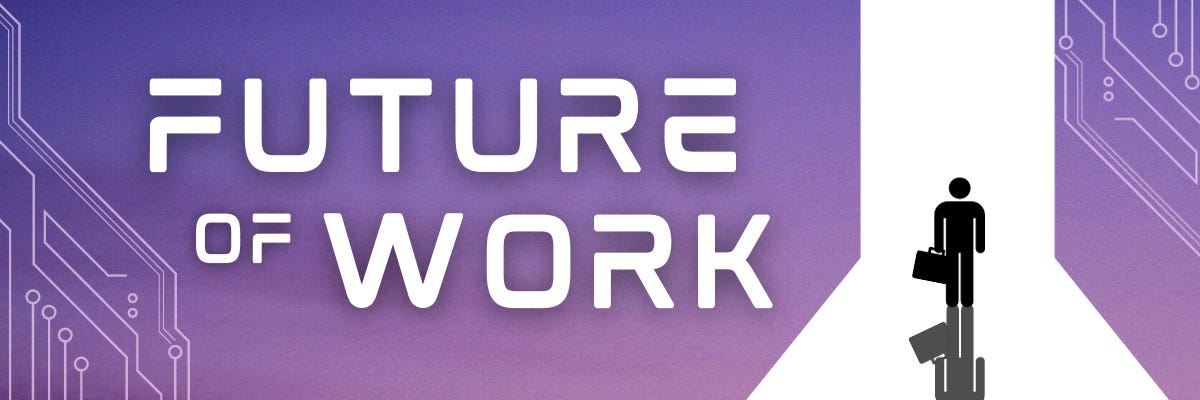Tomorrow’s office: fun meets functional
Companies are investing in modern designs and amenities to make the office more like your living room
This week in The Charlotte Ledger, we’re examining changes in the workplace in a series called “The Future of Work”: What will tomorrow’s workplaces look like? What can workers and employers do to prepare? You’re reading Part 3 of 4.
• TUESDAY: Younger workers crave mentoring. They don’t always get it.
• WEDNESDAY: Charlotte’s office market is struggling. ‘There’s going to be pain.’
• TODAY: The offices of the future will be packed with amenities
• FRIDAY: Small towns in N.C. are pushing to lure remote workers
Goodbye, beige carpet and fluorescent lights. Hello, cocktail bar, golf simulator and open-air workspaces.
A newly renovated amenity center called Three for tenants to use in Charlotte’s One South building uptown has a full-service cafe, made-to-order coffee and cocktail bar and a golf simulator. Companies are making their offices more welcoming to encourage workers to appear in-person. (Photo courtesy of Gensler)
By Kerry Singe
Walk into the office of tomorrow, and you might think you’ve entered a hotel or a private club.
Open spaces styled like cozy living rooms. Access to a dedicated “experience coordinator" and meditation spaces. Maybe you’ll meet colleagues for an impromptu brainstorm at the craft cocktail bar.
As workers return to the office, companies are rethinking how they can keep employees happy and productive. The challenge: requiring them to leave the comfort of their homes for a commute to the office for at least part of the week.
Some trends to engage the younger generation of workers — a move toward greener, well-lit and more open workspaces, for example — have been in the works for years.
But the pandemic accelerated changes to office design as workers found they enjoyed a different work-life balance during lockdowns.
As such, employers are having to compete harder to attract and retain talent, and the office environment is taking a central role in that battle.
“The challenge in economic development now is all about talent recruitment and getting workers to come back to the office,” says Kathleen Rose, president and CEO of Rose & Associates Southeast Inc., which advises clients on issues involving the real estate market, land use and economic development. “For workers to come to the office, it has to be an environment that they are excited about.”
‘Experience multiplier’
More companies are cutting back on remote work and requiring employees to spend at least some of the week back in the office. But some workers are resisting, even choosing to quit rather than resume their commute.
Nationally, about 57% of workers have fully returned to the office, while 30% are on a hybrid schedule and 13% are fully remote, according to The Counselors of Real Estate, an international group of real estate professionals who provide advice on real estate and land-related matters.
Locally, Charlotte Center City Partners reports that as of August, roughly 55% of employees in uptown and South End were office-based and 45% had a hybrid arrangement, meaning they were based both in the office and remotely.
During the third week in September, the average office occupancy rate in the top 10 U.S. cities was roughly half of what it was in March 2020, according to Kastle Systems, which tracks access activity data and keycard use. Workplace experts generally believe that the five-days-a-week-in-the-office model is dead, and that some combination of in-office and remote work will continue.
Companies wanting to inspire employees to return to the office need to turn their workspaces into places that people want to be in versus making it feel like an obligation to walk in the door, says Carrie Renegar, studio director, design director and senior associate at Gensler Charlotte, which provides architectural, design, and consulting services.
Keep reading with a 7-day free trial
Subscribe to The Charlotte Ledger to keep reading this post and get 7 days of free access to the full post archives.




